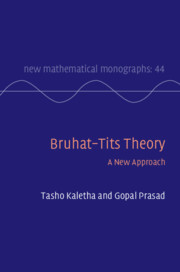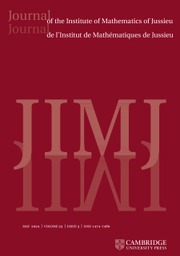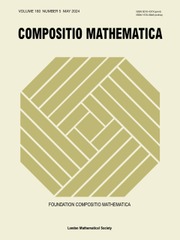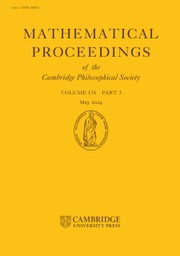Bruhat–Tits Theory
Bruhat–Tits theory is an important topic in number theory, representation theory, harmonic analysis, and algebraic geometry. This book gives the first comprehensive treatment of this theory over discretely valued Henselian fields. It can serve both as a reference for researchers in the field and as a thorough introduction for graduate students and early career mathematicians. Part I of the book gives a review of the relevant background material, touching upon Lie theory, metric geometry, algebraic groups, and integral models. Part II gives a complete, detailed, and motivated treatment of the core theory as well as an axiomatic summary of Bruhat–Tits theory that suffices for the main applications. Part III treats modern topics that have become important in current research. Part IV provides a few sample applications of the theory. The appendices contain further details on the topic of integral models, including a detailed study of integral models.
- A comprehensive up-to-date account including the latest developments unavailable anywhere else in book form
- Begins with an extended introduction to the theory, making it suitable for graduate students and other newcomers to the field
- Includes a short section giving a summary and overview of the basics, for use by researchers who only need to apply the theory
Product details
January 2023Hardback
9781108831963
700 pages
235 × 158 × 50 mm
1.26kg
Available
Table of Contents
- Introduction
- Part I. Background and Review:
- 1. Affine root systems and abstract buildings
- 2. Algebraic groups
- Part II. Bruhat–Tits theory:
- 3. Examples: Quasi-split groups of rank 1
- 4. Overview and summary of Bruhat–Tits theory
- 5. Bruhat, Cartan, and Iwasawa decompositions
- 6. The apartment
- 7. The Bruhat–Tits building for a valuation of the root datum
- 8. Integral models
- 9. Unramified descent
- Part III. Additional Developments:
- 10. Residue field f of dimension ≤ 1
- 11. The buildings of classical groups via lattice chains
- 12. Component groups of integral models
- 13. Finite group actions and tamely ramified descent
- 14. Moy–Prasad filtrations
- 15. Functorial properties
- Part IV. Applications:
- 16. Classification of maximal unramified tori (d'après DeBacker)
- 17. Classification of tamely ramified maximal tori
- 18. The volume formula
- Part V. Appendices: A. Operations on integral models
- B. Integral models of tori
- C. Integral models of root subgroups
- References
- Index.






